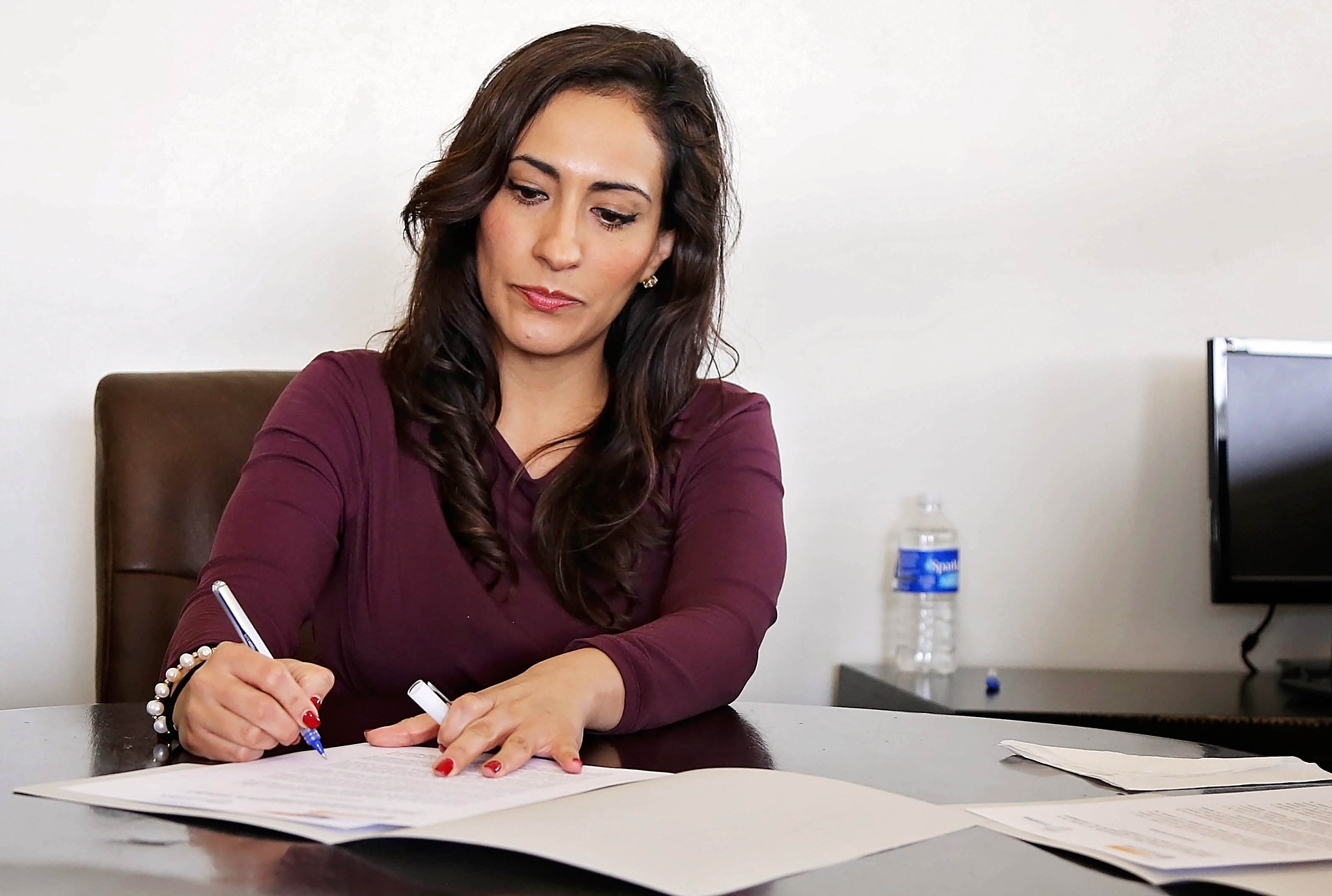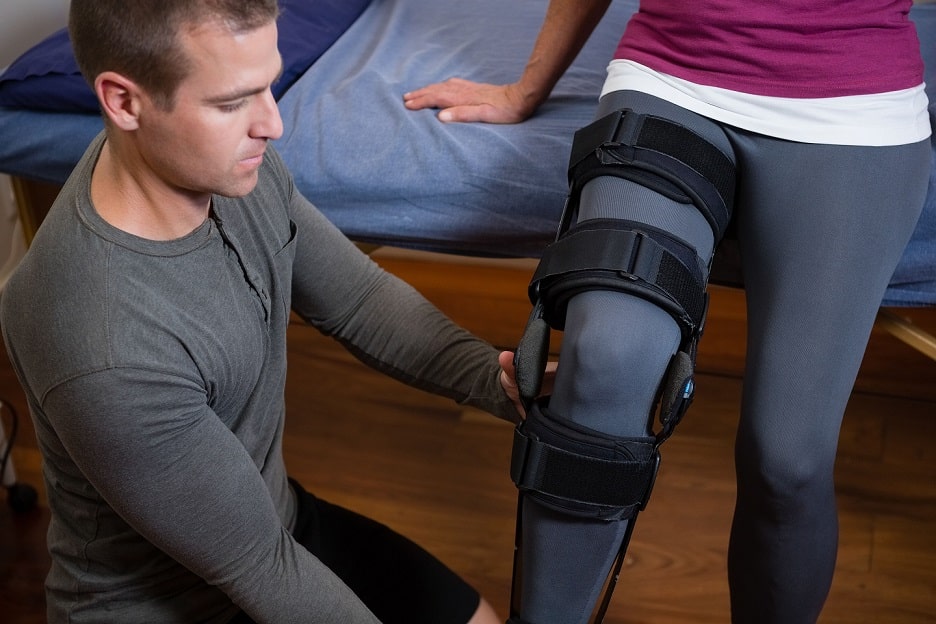 For most road accidents, it’s usually easy to establish who is at fault. If someone goes in to the back of you or pulls out from a side road in to you, they’re the one who should be accepting the blame.
For most road accidents, it’s usually easy to establish who is at fault. If someone goes in to the back of you or pulls out from a side road in to you, they’re the one who should be accepting the blame.
But sometimes there are circumstances where it can be hard to show exactly who is to blame. A lot of it is down to what version of events people give as to what happened. If you have an honest person who is willing to hold their hands up and accept responsibility for what they’ve done, then great. But what if you don’t?
A driver suddenly making a U-turn in the road can be a very dangerous thing indeed. When performing such a manoeuvre, one should take extra care for traffic coming from all directions and ensure that the road is totally clear before attempting to do it.
Common accidents caused by drivers making a sudden U-turn can be:
- Blameless drivers hitting the back or side of the driver making the U-turn due to it being so sudden
- The driver making the U-turn either hitting a vehicle in the opposite direction when they have turned right, or blocking the lane and not giving the opposing driver enough time to stop
- A driver pulling out of a side road intending to travel in the opposing direction when the driver making the U-turn hits them or causes a collision
- The driver making the U-turn reversing back in to the lane they were in as part of the manoeuvre and hitting a driver proceeding in the lane
In all of the above examples, the driver making the U-turn can be held at fault. However, liability can be disputed if you cannot prove that the driver making the U-turn did so suddenly and dangerously. If they were taking care when doing it and you pulled out of a side road because you weren’t paying attention, then you could be at fault. But the point here is this – what’s to stop them from making that allegation whether it is true or not?
Being at fault for an accident normally means two things – increased costs of insurance, and not being able to make a claim for personal injury compensation if the at-fault person is injured. Both of these factors can drive a person to avoid telling the truth, which can in reality leave the innocent victims in a very sticky situation.
Sometimes it is too difficult to prove who is telling the truth. If that happens, you could be faced with a 50-50 split of liability.
That’s why it’s key to take precautionary steps if you are ever involved in an accident. Some of these steps may not be applicable as the accident has been and gone, but the best things to do are:
- Never make any admissions yourself
- If the other driver is being aggressive or accusing you, call the police
- If possible, take photos of the accident scene. Most people have cameras on their phone nowadays, and if the other driver is not happy with this, simply advise you are taking precautionary measures for insurance purposes
- Report the matter to your insurers, confirming the circumstances, immediately
- Seek medical attention if injured
- Get the full contact information of any witnesses to the accident
- Make a claim as soon as possible – if there are any CCTV cameras around, we can try and secure them for you. But footage doesn’t last more than a few weeks in many cases.
Of course, your safety and wellbeing are the priority, so don’t do anything daft or dangerous, and make every effort to ensure you don’t put yourself in danger as a pedestrian on the road.
If it’s hard to prove, we may need to take court action. One thing to remember is that, if you are telling the truth, we can take the matter to court where you can sign a witness statement and sign a statement of truth, and attend a hearing if necessary. Your opponent will need to do the same, so if they are signing a statement of truth that isn’t correct, they’re in contempt of court. This is also the case by falsely swearing under oath.
Contempt of court is a jailable offence – anyone in their right mind would think twice before taking that kind of risk!

 For most road accidents, it’s usually easy to establish who is at fault. If someone goes in to the back of you or pulls out from a side road in to you, they’re the one who should be accepting the blame.
For most road accidents, it’s usually easy to establish who is at fault. If someone goes in to the back of you or pulls out from a side road in to you, they’re the one who should be accepting the blame.









